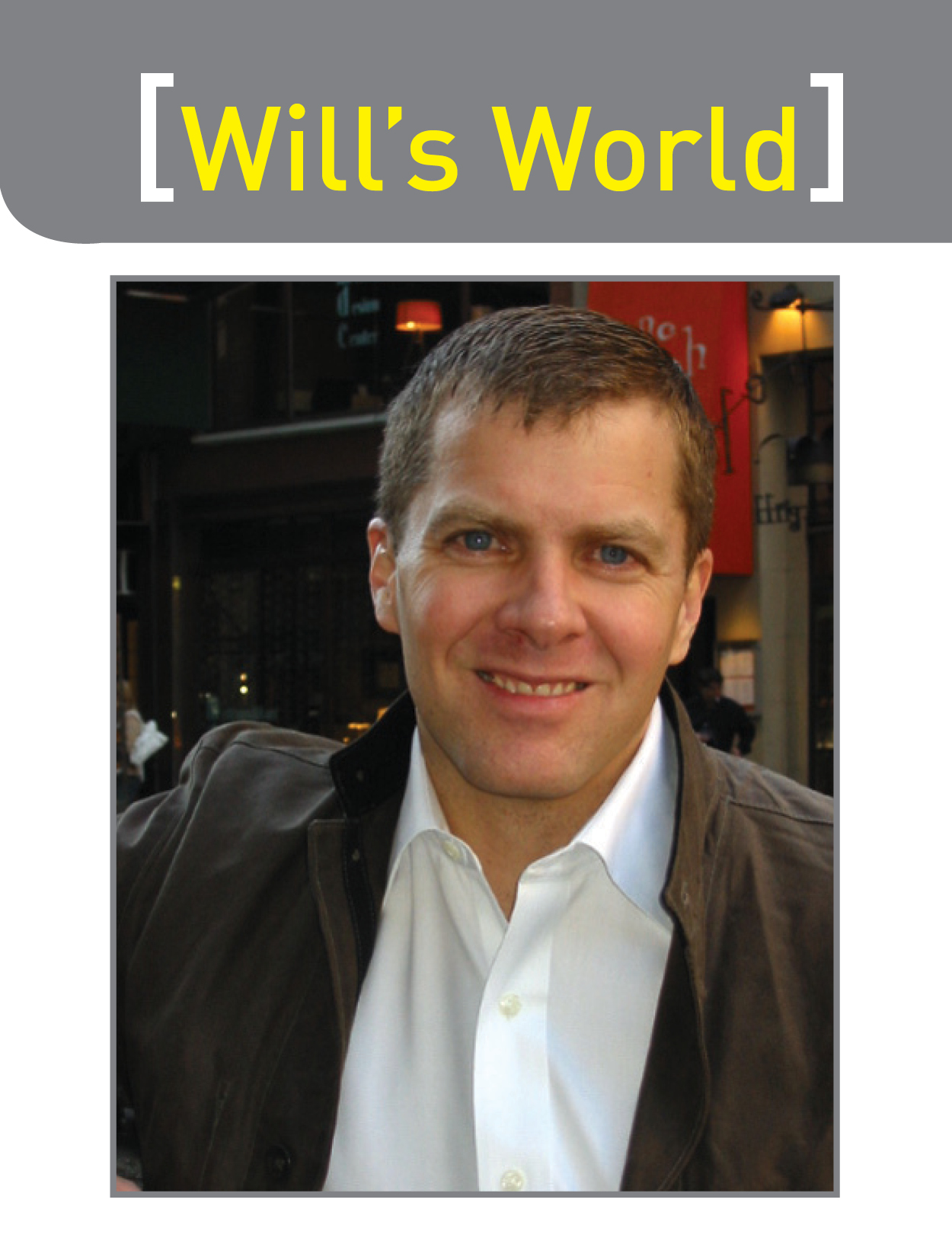By Will Carlin
I picked up my father last week at the Hazen house in Brooklyn and drove him to Connecticut in a rust-colored Ford that resembled a Powderpost Beetle. There had been a lot of email chatter with my sisters of who was the most “logical” among us to take my father to his 65th high school reunion, and my siblings and I had gone over the list of logical points, and one seemed repeatedly to rise to the surface: each of them owns a car, and I do not. After some back and forth, one of my sisters wrote my father saying that she believed that he and I planned to use her car for the weekend. Ah.
In preparation for the reunion day, I set up an appointment for my father with my physical therapist. Dad seemed to be listing over to one side not only as he walked but also while sitting at the dinner table. The therapist was wonderful; he said that despite a frozen shoulder and some limited ability to rotate his torso, Dad might be able to regain the ability to walk without a cane and even play squash again. Two mornings later, we were up early to avoid summer Saturday traffic; we buckled in and sped off toward the Canterbury School in New Milford. Dad is a good navigator, and except for an unexpected detour to Poughkeepsie, the drive went very well. As I write this, I am back in the city, but here in the damp warmth of the Heights, my mind returns to early summer at a rural boarding school. Despite the wear and tear of the winter, nothing ever disrupts the sometimes sleepy rejuvenation of summer.
The mourning doves are in the trees. An astute observer occasionally can spot one as we walk around the campus on a slow-moving and quiet tour. At this point in the year, the plaintive call of the light grey and brown doves provides an exclamation, of sorts, to the absence of the young students, many of whose summer “vacations” are filled with activities all day and gatherings late into the night.
Rain has been plentiful lately. The paths cut through the green lawns of the school by shortcutting students are taking full advantage of the combination of regular showers, sunshine and reduced traffic to fill in with bright green fuzz. A light mist falls in the late morning, just enough to accumulate on the tree leaves before welling up and falling in big, lazy drops. Despite the rain, there isn’t a lot of mud; the grassy fields have retained much of their firmness, and there is a pleasing give beneath footfalls—the earth gently acknowledging one’s presence.
The moss between the individually shaped stones on the dining hall’s patio has, in many places, snuck onto the stones themselves, making the patio seem somewhat timeless. It isn’t, though; Steele Hall, the building where the dining hall is located, just finished a multi-million dollar renovation. The campus, like any modern campus, is a mixture of the old and the new. South House, for example, is just three years old, and is built where the hockey pond was in my father’s day. Many of the new buildings are quite pretty, but I most like the Chaplain’s Residence, the oldest building on campus. Originally constructed as the school’s chapel, over the years it served many purposes—movie theater and Latin department, among them. I prefer the optimism of renewal to the replacement of the old.
In the early afternoon, the solid blanket of grey sky reorganizes itself into separate large, multi-leveled puffs that allow the sun to find gaps and momentarily spotlight different parts of the campus. Standing just below the main road that separates upper campus from lower, we watch as the sun lights up the eleven-year-old athletic facility on upper campus that houses the squash courts, moves down to the Chapel to our left, then to the old schoolhouse and finally down to the large lower campus field where recent grads are playing softball and where my father played after classes 65 years ago. We watch for a bit and then head back to the city.
Back in Brooklyn, we strolled down Henry Street and had dinner at a restaurant with a completely open façade—the cool evening air relieving some of the heat generated by the patrons. Dad and I talked for a bit about how better to include people in large dinner conversations; we talked about the road back to physical health; we talked about the future. It was honest, comfortable and nice.
When you look back at certain events, you are never quite sure what moments will stay and which will fade. Right now, I find that the memory that most sticks out are the two children that my father pointed out to me shortly after lunch. We assumed that they were children of faculty members, but they were too far away even to tell if they were boys or girls. We could see that they already were tan and that one had blond hair and one had brown. We could see that both were wearing white shorts and white t-shirts and that they were headed toward the Athletic Center. And we could see that they were carrying squash racquets, excitedly swinging mock strokes as they bounced their way up the hill. We watched them in silence, smiles on both our faces.
For children, the start of summer is innocent and optimistic; for adults, the innocence is gone, but we cling to summer’s promise nevertheless



